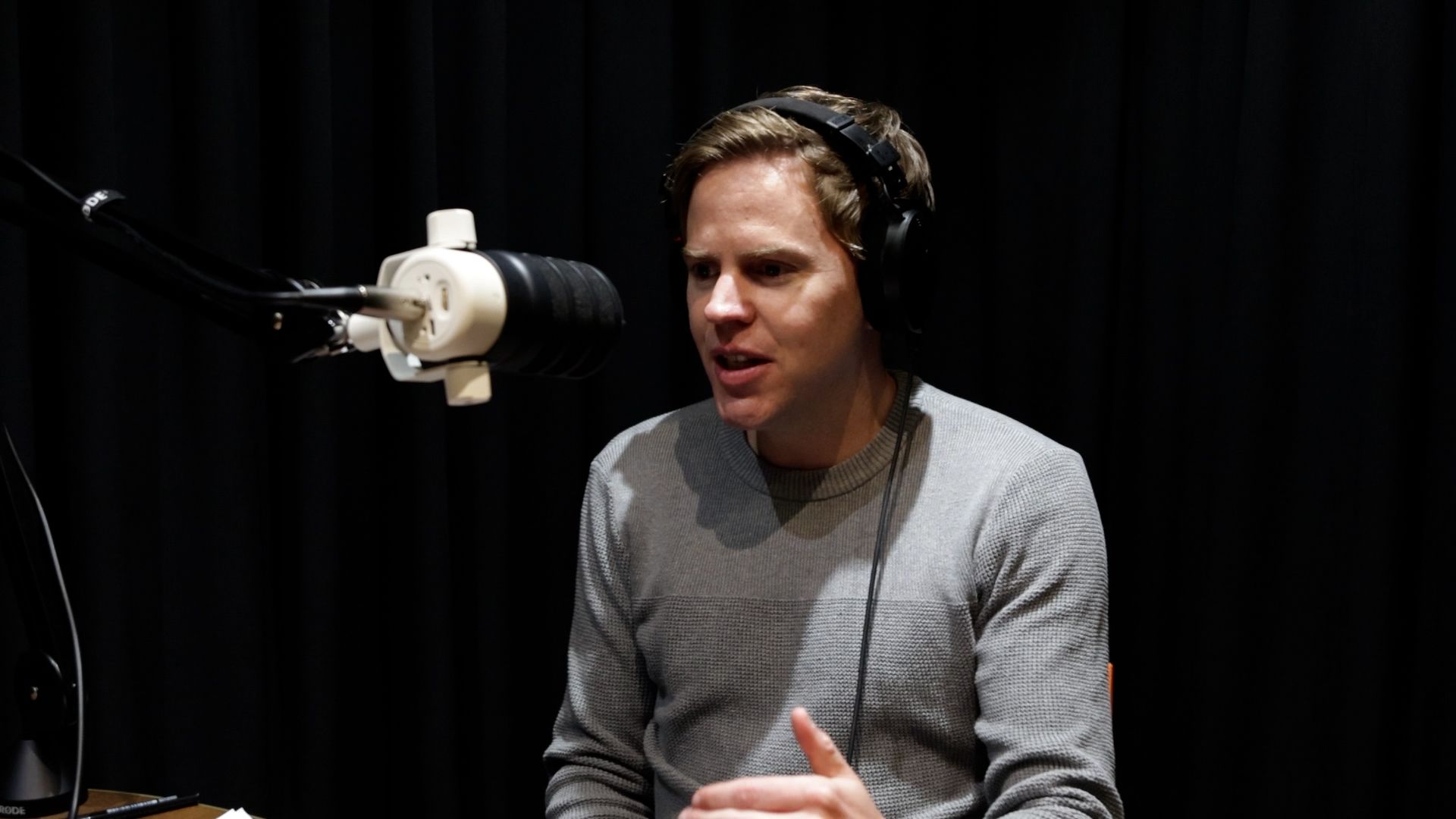Why being small is your SME’s greatest competitive advantage
In a business landscape dominated by corporate giants, small and medium enterprises often feel like David facing Goliath. But according to Trevor Gosling, CEO and co-founder of Lula, that’s exactly where SMEs have their greatest advantage.
“The biggest mistake I see SMEs make is trying to act big,” Gosling shared in the latest Lula podcast episode. “Instead of competing on scale, pricing, or brand awareness – areas where corporates will always win – SMEs should double down on what makes them unique.”
Your hidden superpowers
After more than a decade helping South African SMEs thrive, Gosling has identified three critical advantages that small businesses possess but often underestimate:
1. Speed: “While large corporations are stuck in committee meetings and approval processes, you can implement changes this week, not next quarter,” he explains. This agility allows SMEs to respond to customer feedback immediately and adapt to market changes faster than their larger competitors.
2. Human Connection: Big corporations struggle to build genuine relationships with customers. SMEs, however, can offer personalised service and authentic connections that create lasting loyalty.
3. Niche Expertise: Rather than trying to be everything to everyone, successful SMEs identify specific problems they solve exceptionally well and dominate those spaces.
The anti-corporate strategy
Gosling’s advice is refreshingly counterintuitive: don’t try to compete with corporates on their terms. Instead, exploit their weaknesses.
“Large organisations are often slow, generic, and sometimes arrogant,” he notes. “SMEs can counter this by being fast, offering tailored solutions, and showing genuine flexibility,” he says.
This means avoiding price wars, a battle SMEs rarely win, and instead focus on delivering exceptional value and quality. “When you compete on price alone, you’re essentially telling customers that price is the only thing that matters about your business,” Gosling warns.
The customer-first approach
One of Gosling’s most practical pieces of advice involves proactive customer engagement. “Don't just respond to problems – anticipate what customers need and stay two steps ahead,” he suggests.
This might mean reaching out to check how a recent purchase is working, offering preventive maintenance before equipment fails, or simply following up to ensure satisfaction. These touches create differentiation that large corporations struggle to replicate at scale.
Finding your niche and dominating it
Instead of expanding broadly, Gosling advocates for depth over breadth. “Talk to your best customers and understand exactly why they choose you,” he advises. “Then use those insights to refine your offering and attract more customers who value the same things.”
This approach allows SMEs to become the go-to solution for specific problems, making them indispensable within their chosen market segment.
Turning size into strategy
The key insight from Gosling’s experience is that successful SMEs don’t try to overcome their size limitations – they turn them into strategic competitive advantages.
“Being small means you can pivot quickly, build real relationships, and solve problems that big companies can’t or won’t address,” he explains. “That's not a limitation. That’s your competitive edge.”
For South African SMEs facing increasing pressure from larger competitors, Gosling’s message is clear: embrace what makes you different, focus on what you do best, and remember that in business, David can absolutely win against Goliath – but only if he uses the right strategy.
As the South African economy continues to evolve, SMEs that learn to leverage their natural advantages will not just survive, they’ll thrive in ways that larger corporations simply cannot match.
This post was sponsored by Lula and produced by Media24 Advertising and Content Marketing



